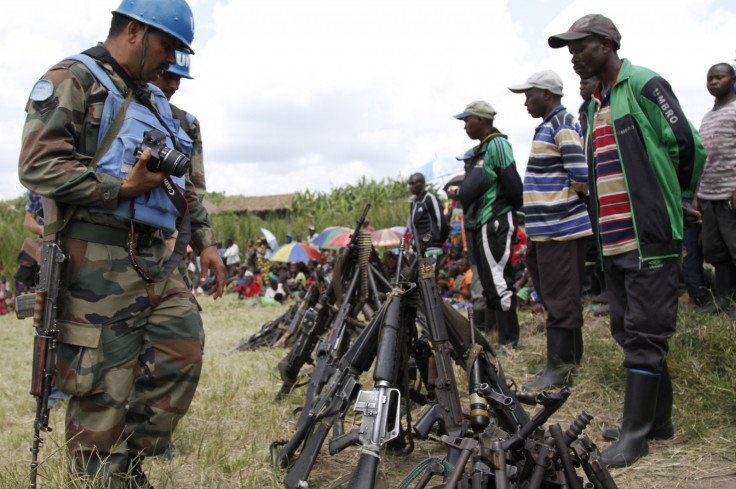DR Congo: Kidnapped imams escape as FDLR abductors clash with Congolese army

Between six and eight Tanzanian imams previously kidnapped by Rwandan militias in the Democratic Republic of Congo have managed to escape, Congolese officials have said. The religious leaders were abducted between the North Kivu's villages of Katwiguru and Rutshuru by suspected members of Democratic Forces for the Liberation of Rwanda in July of this year. There are conflicting reports regarding the number of the imams kidnapped, which varies from six to eight.
The abductors had previously contacted the Islamic community of Goma, eastern Congo, and asked for $40,000 (£25,6090) ransom in order for the hostages to be released. However, the imams managed to escape shortly after fighting broke out between FDLR and the ethnic Congolese army, provincial governor Julien Paluku told AFP. Paluku added that he is confident the kidnappers were FDLR members because "as soon as the fighting broke out, they fled". It is not yet clear where the imams are. IBTimes UK contacted Paluku and is waiting for a response.
Kidnappings for ransom are common in the North Kivu. In April 2014, members of the FDLR kidnapped three UN private agents who worked for UN anti-mine service Unmas.
FDLR
Members of the FDLR militant group, mainly composed by Hutu, include some Interahamwe, which translates from Kinyarwanda as "those who stand together".
The Interahamwe is a Hutu paramilitary organisation which was behind the Rwanda genocide, in which more than 800,000 people – mainly Tutsi and moderate Hutu – were killed by Hutu extremists in 1994. During the massacres, the Interahamwe received large support by the Congolese government of Joseph Kabila.
Following the end of the genocide, Hutu extremists fled to Congo where they formed the FDLR in 2000. The group was used by Kabila to fight the Rwandan Patriotic Army and other foreign troops in the country during the Second Congo War, erupted in 1998. Following the end of what has been dubbed the deadliest conflict in Africa in 2003, FDLR continued to carry out attacks against Tutsi in Congo and along the border with Rwanda. The group is allegedly responsible for several terror attacks that killed dozens of people in eastern Congo.
© Copyright IBTimes 2025. All rights reserved.




















